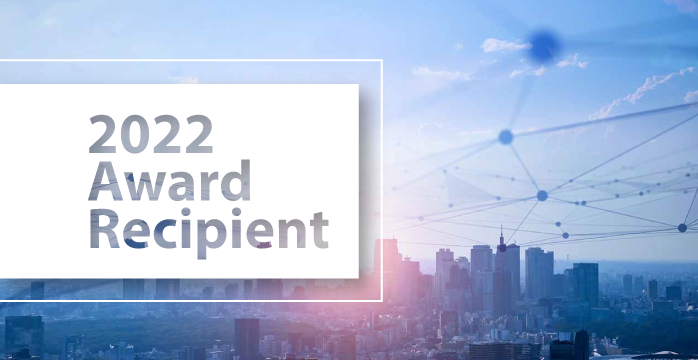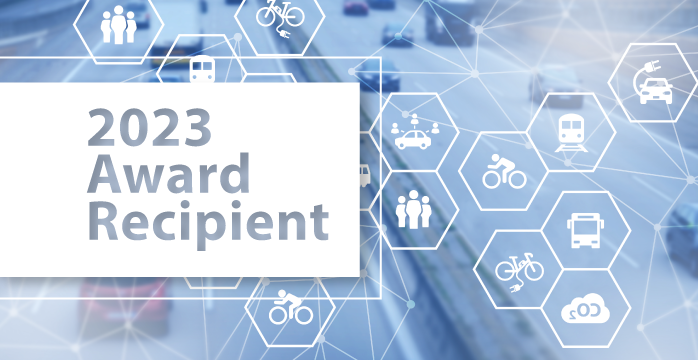Robust growth in the Philippines, Laos, Cambodia and Myanmar offsets China’s slowdown, finds Frost & Sullivan’s Energy & Environment team
Kuala Lumpur, Malaysia – May 16, 2017 – As the price of crude oil is likely to stabilize around US$55 per barrel in 2017, oil & gas companies in Asia-Pacific will focus on increasing equipment efficiency to survive in the tight upstream market. The downstream segment offers more greenfield opportunities, specifically in South Korea and India. The stability of the oil & gas sector will have a domino effect on the entire value chain of the energy and environment industry. There could be a modest increase in the global upstream capital expenditure (CAPEX) in 2018, and Asia-Pacific’s CAPEX will mirror the global trend.
 Asia-Pacific is also following global cues in the coal sector, as coal power continues to diminish in relevance while clean and renewable energy (RE), particularly solar and nuclear power, continues to gain prominence. This rapid expansion of the RE sector will stoke double-digit growth in the distributed energy sector, which, in turn, will ensure that utility-scale grid storage remains the primary driver of energy storage system (ESS).
Asia-Pacific is also following global cues in the coal sector, as coal power continues to diminish in relevance while clean and renewable energy (RE), particularly solar and nuclear power, continues to gain prominence. This rapid expansion of the RE sector will stoke double-digit growth in the distributed energy sector, which, in turn, will ensure that utility-scale grid storage remains the primary driver of energy storage system (ESS).
“The transmission and distribution sector will offer investment opportunities worth US$137 billion in 2017, opening up the market to power equipment majors,” said Frost & Sullivan Energy & Environment Associate Director Melvin Leong. “Investors’ interest in the downstream sector, too, will remain strong with a slew of refinery and petrochemical investments planned in 2017.”
Asia-Pacific Energy and Environment Industry Outlook, 2017, a part of Frost & Sullivan’s Oil & Gas Growth Partnership Service program, highlights growth opportunities, the industry’s future, and regional trends in Asia-Pacific.
Click here for complimentary access to more information on this analysis and to register for a Growth Strategy Dialogue, a free interactive briefing with Frost & Sullivan’s thought leaders.
The outlook for Asia-Pacific remains broadly positive despite China’s slowdown, as emerging and developing economies, including the Philippines, Laos, Cambodia and Myanmar, pick up pace in 2017. The region can insulate itself from the global economic decline following Brexit and the Trump victory by focusing on local investment and consumption. These two world events may appear detrimental to the current energy and environment policies, but 2017 will be a transition year for long-term changes.
The regional trends that will dominate the Asia-Pacific market in 2017 include:
- China’s focus on nuclear power and other clean energy sources will continue to drive the solar sector; grid investment to remain robust
- The emergence of interstate grid transmission system as a key investment area in 2017 in India; microgrid market to grow 20.7 percent
- Smart grid investments to the tune of US$5.9 billion in Japan; the country will lead in smart meter installations
- Dominance of biomass and solar power in the RE sector in Southeast Asia; expected capacity growth of 27.1 percent and 28.1 percent, respectively.
“2017 will also be a promising year for building technology participants, particularly in integrated facilities management and energy management services,” noted Leong. “Furthermore, the growth of data centers in Asia-Pacific will propel the market for data center infrastructure solutions and uninterrupted power supply systems.”
About Frost & Sullivan
Frost & Sullivan, the Growth Partnership Company, works in collaboration with clients to leverage visionary innovation that addresses the global challenges and related growth opportunities that will make or break today’s market participants. For more than 50 years, we have been developing growth strategies for the global 1000, emerging businesses, the public sector and the investment community. Contact us: Start the discussion
Asia-Pacific Energy and Environment Industry Outlook, 2017
P969-14
Contact:
Carrie Low
Corporate Communications – Asia-Pacific
P: +603 6204 5910
F: +603 6201 7402
E: [email protected]




